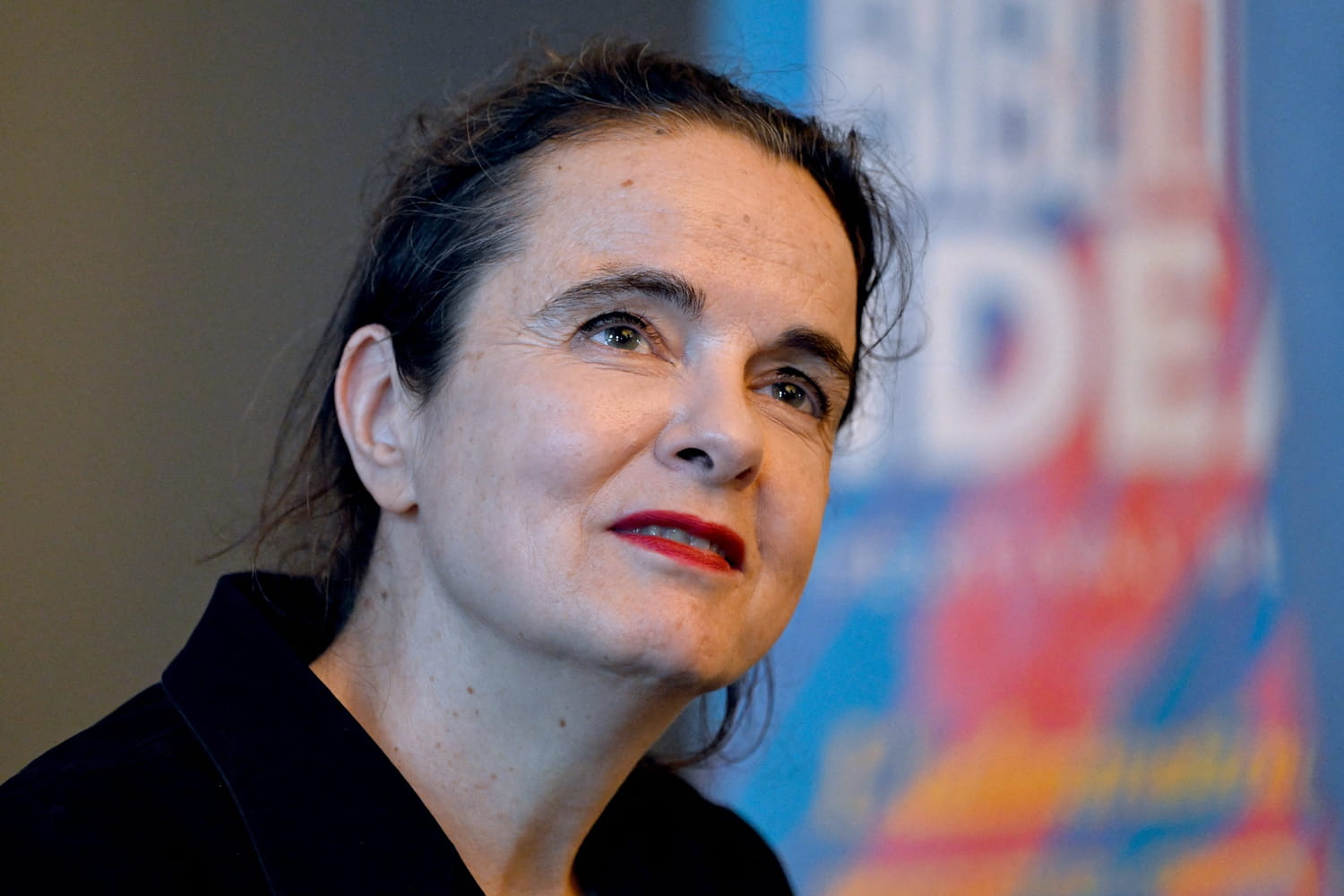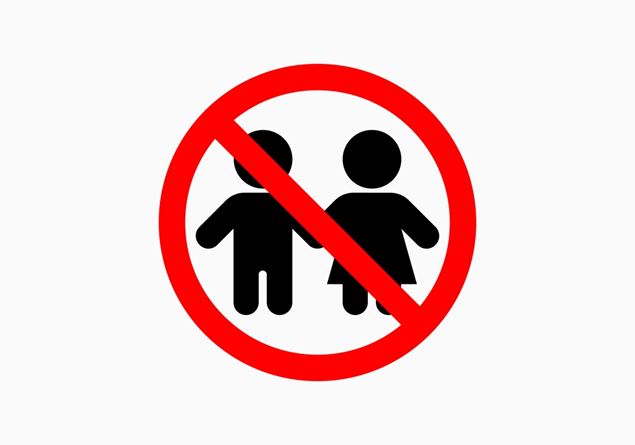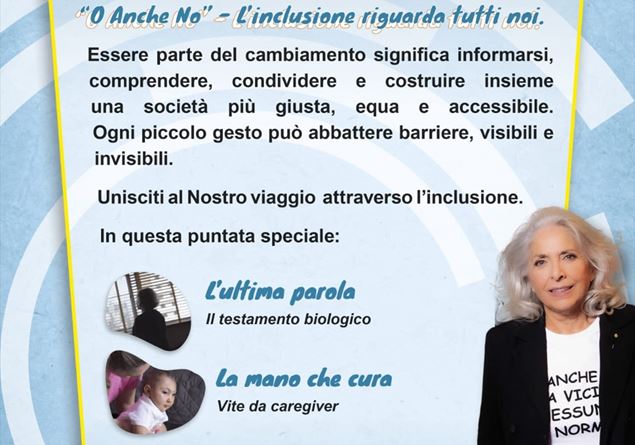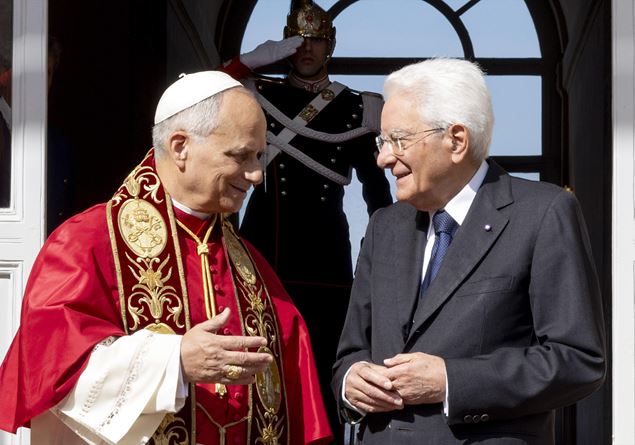In the last few days the case of Milano Marittima has made people discuss: a bathing establishment has decided to prohibit the entrance to children. It is not the first episode. Already in the past several restaurants and clubs in Italy had adopted the same choice, claiming the right to maintain “Child Free” environments. But the real question is: can we really accept all this?
Imagine if a restaurant forbidden women. Or to color people. Or to the Jews, to the disabled, or homosexuals. There would be no tolerance, but an immediate raised of shields, a unanimous condemnation, a rapid and decisive political and legislative action. Yet when the ban concerns children, silence is deafening.
I do not understand that similar attitudes cannot be persecuted by law. It is a form of discrimination in all respects, yet it is accepted with a disarming lightness. Is it possible that politics and institutions have nothing to say? Is it possible that the law rightly contemplates very strong protections for other categories and, at the same time, allow the little ones to be excluded?
Discriminate is always wrong, without exception. There are no “less protectable categories than others”. The dignity of the human person does not depend on the strength with which a person knows how to assert his rights, but is inherent in the simple fact of existing.
Fifteen years ago, when I was councilor for the Municipality of Rome, a paradoxical case was reported to me: in a newspaper of announcements they appeared insertions of apartments for rent that specified “no dogs, no families with children”. I presented a complaint to the prosecutor, a symbolic gesture to denounce the madness of such discrimination. Yet today we are still stopped there, with a mentality that, albeit masked by “quiet living”, proposes a logic similar to that of apartheid: some categories are allowed, others are not.
The most hypocritical thing is that on the one hand, rightly – rightly – on the importance of parental leave, on the role of fathers and mothers, on the balance between work and family, and on the other hand, and on the other a culture that considers children as a discomfort. As if they were a background noise to be eliminated, instead of the most fragile and precious part of the company.
Someone justifies these choices by saying that children make noise. But the children have always made noise. They were lively in the 70s as I am today, perhaps even more, since then they were twice the ones we have now. The restaurants were more chaotic, of course, but nobody dreamed of banning its entrance. Perhaps children have not changed, but our expectations of adults. Perhaps we have become less available to make room for life, his disorder, his unpredictability.
The truth is that when you accept prohibitions like those of Milano Marittima or certain “no Kids” restaurants, not only the youngest are discriminated against, but a devastating cultural message launches: that children are not a value, but a problem. Then let’s not complain about denatality …










